I’ve always been surprised by the fact that the original Starbucks is an inconspicuous cafe in Seattle’s Pike Place Market. Its anonymity stands in stark contrast to the legendary coffee company’s aggressive marketing style. After all, this is where it all started. Shouldn’t this be obviously branded a landmark? Not if your bottom line is numbers. No CEO really cares about his legacy. Just his stocks. The more signs you see on the street, the less likely you are to go inside and drink coffee.
I recall the joke in Best in Show in which the anal/neurotic yuppie couple regale us with how they met at a Starbucks, though at different ones across the street from each other. The scene (played by Michael Hitchcock and Parker Posey) takes a brilliant turn through hell. She was in law school, working on her Mac; he was drinking a Grande espresso. She was reading the J. Crew catalog, when they met. Now, in the present, they nostalgically spend weekends at Starbucks flipping through L.L. Bean catalogues, competitively pointing out which items are new. Both their mouths are gated with corrective braces, as if straightening the past into a linear future that undoubtedly heralds an early an easy retirement. Perhaps this is not a joke, but a sad commentary on our existential rigidness. That no matter how liberated we think we are, we know these people well. We are them.
Shepard Fairey’s OBEY, like the iconic image of Che Guevara, points to revolution’s unwanted destination: a t-shirt, folded neatly by 20-year-olds at an Urban Outfitters store. What was simply OBEY, per their clothing company, is now OBEY®, adorned with the tumor of the registered trademark symbol. Like American Apparel, OBEY® is a distortion of punk idealism– an idea of self-enfranchisement (via the ostensible “democracy” of tagging) –reduced to a $68 dollar tank top. I did not make that figure up. The models have never been prettier though, tanned to gold by the Mediterranean sun.
The underlying joke is that this Grande espresso the husband was drinking would have been at 10 shots (16 fl oz), easily enough to induce a heart attack. The point is simple. Excess, the eternal cure for ennui, is a fatal fetish. Yet, super size, to cite Morgan Spurlock, is the last prayer we have. We must OBEY, whatever the cost.
That’s why the last time I was in Seattle, I just couldn’t resist. I had to visit the original Starbucks. A young male was standing outside with a guitar, singing facetiously abrasive songs directed towards his audience, mimicking both the countenance and voice of Bob Dylan; there was a hint of complicit self-mockery too though, as he was singing in front of Starbucks. Those less acclimated to irony – Midwestern and Asian tourists who simply wanted some famous coffee, thought the entire scene was simply charming – I looked over and gave him the “watch it, smartass” look. Dylan was nice, and so were the 1960s, but the beautiful thing is this ain’t the 60s anymore. Now there is auto-tune. Not to mention a whole lot else.
There are many American dreams. Some involve a pretty girl in the back seat of a car; others invoke a white picket fence and Labrador retriever, maybe a brisket in the smoker. This one is about a little cafe that became a $10.7 billion corporate empire. Every cup is the same: not really good, but just good enough. The corporate model is shrewd consistency. Stripped of faith in a secular world, the last thing we can handle is a surprise. To see the narrative of a brand is to understand this myth, and why we OBEY. It seems that the Starbucks mermaid, only mildly sexy, emerged from the nearby Pacific like some caffeinated Venus, her formidable black eyes staring down your indecision. The dark dash of her smile, its sole purpose to be the center of our universe.
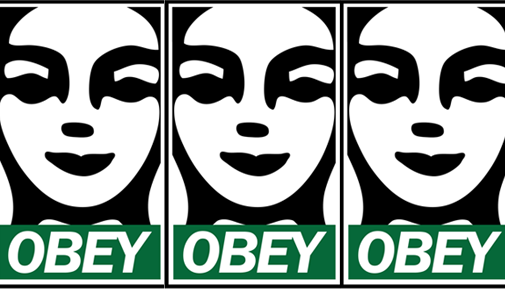
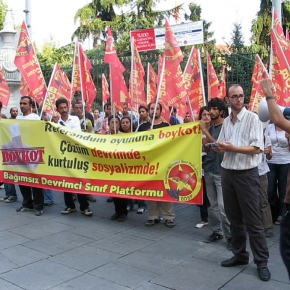

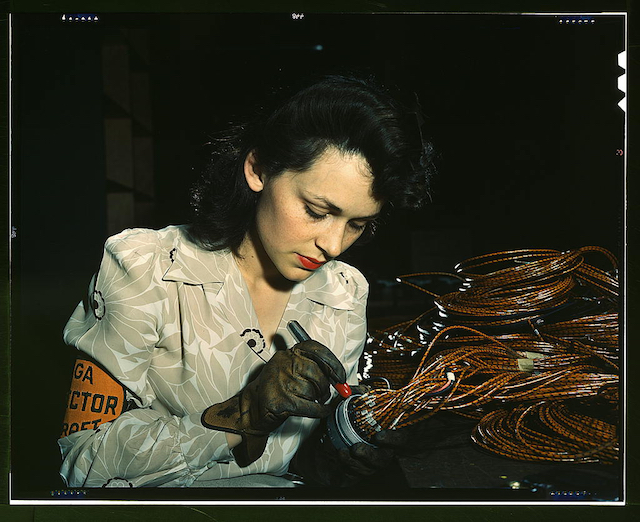
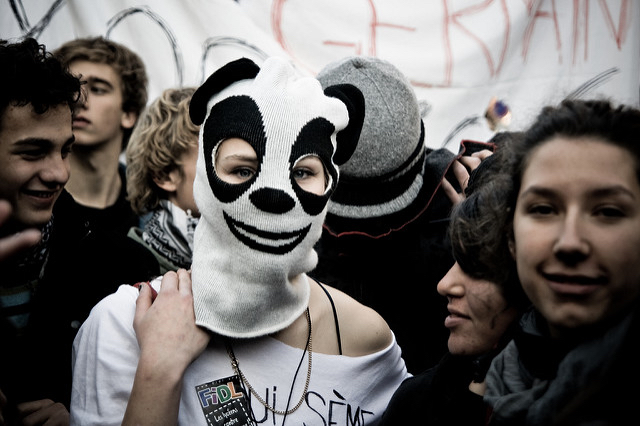
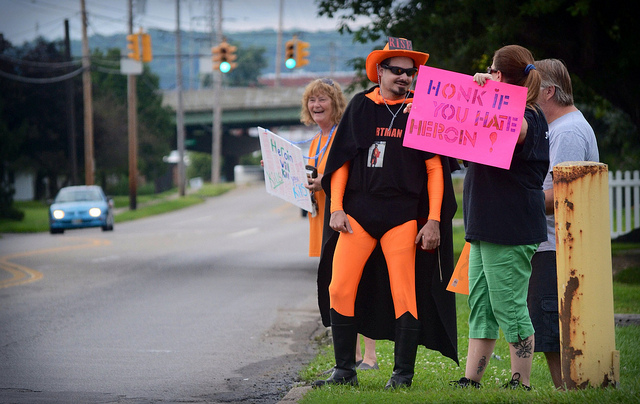
It’s a fine tradition to paint midwesterners and Asians as less clever than bicoastal you (see Tom Frank on Indianapolis). But like a tell in poker, it reveals the degree to which the author has confused critique and self-aggrandizement. Irony is, after all, often about thinking that you’re better than the people who would actually enjoy whatever is under consideration.
Well, shucks. Now I feel embarrassed Jonathan. Thanks for pointing out how arrogant I am. You are a smart person. It’s true, I am a butt-hole, as your comment essentially alludes to. Too bad we’ll never meet irl, where people tend to show more restraint, for me to make you think otherwise.